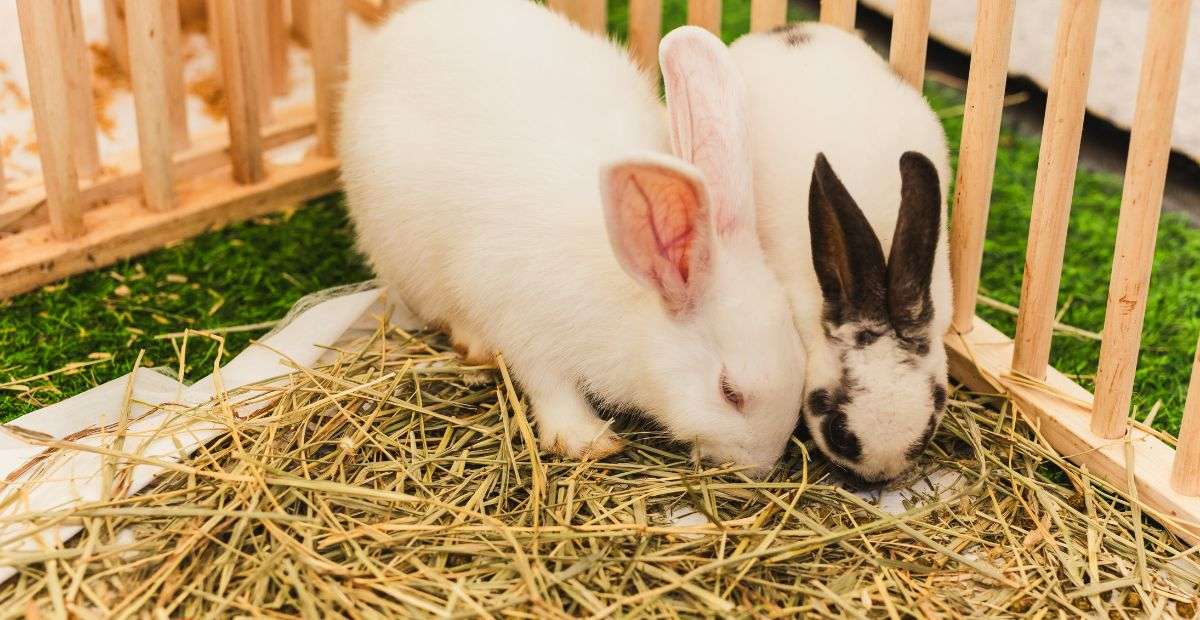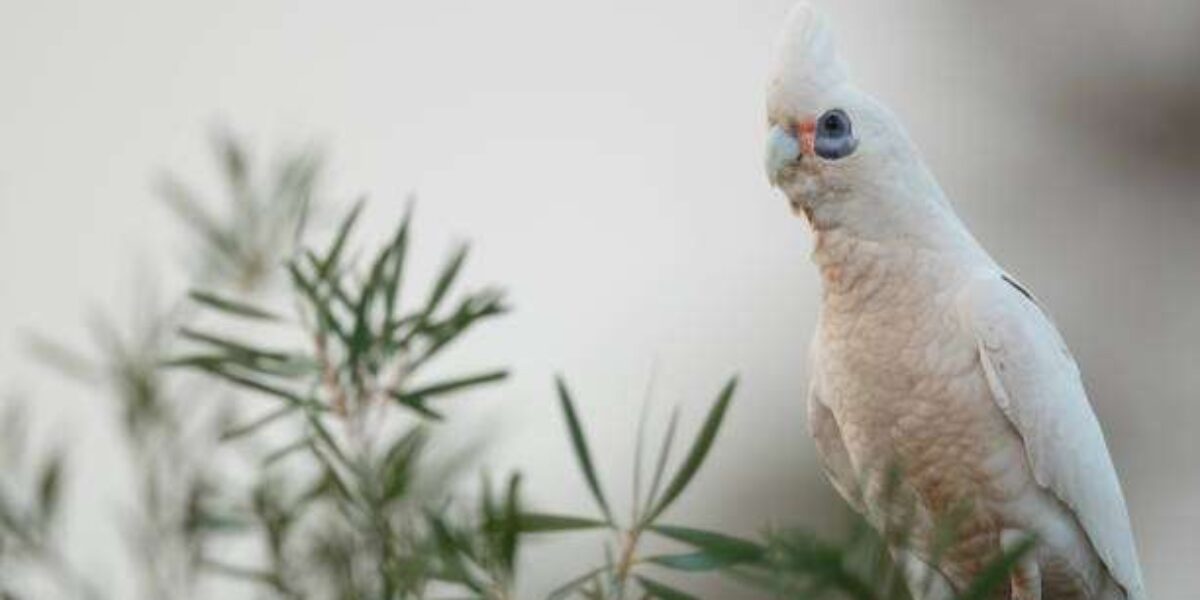Are you considering adding Timothy hay to your small pet’s diet? As a responsible pet owner, it’s essential to be well-informed before introducing any new element into your pet’s animal nutrition. Timothy hay is a popular choice for small pets like rabbits, guinea pigs, and chinchillas due to its numerous health benefits. However, before you fill your pet’s bowl with this fibrous forage, there are a few key considerations to keep in mind.
What is Timothy Hay?
Timothy hay is grass hay that is a member of the Poaceae family and is scientifically known as Phleum pratense. It is popular and essential in the diets of many tiny pets, such as chinchillas, guinea pigs, rabbits, and other herbivores. Timothy hay’s high fibre content is one of the main factors contributing to its value. It has a lot of long-strand fibre, which is important for encouraging healthy digestion and protecting little pets against several health problems. Moreover, it also contributes to general well-being by offering key nutrients including calcium, phosphorus, and other vitamins.

Why is Timothy Hay Important for Small Pets?
Timothy hay is a crucial component of small pets’ diets because it provides essential fiber, which helps in digestion and prevents various health-related problems. Its coarse texture also helps wear down their teeth, promoting dental health. Some health benefits of feeding Timothy Hay are discussed below.
1. Optimal Digestive Health
Timothy hay is rich in fiber, promoting healthy digestion in small pets. The coarse texture aids in preventing gastrointestinal issues, such as hairballs and blockages, ensuring a smoothly functioning digestive system.
2. Improved Dental Health
The natural chewing action required to consume Timothy hay helps wear down your small pet’s constantly growing teeth. This is crucial for preventing dental problems that can arise if teeth become too long, ensuring your furry friend maintains good oral health.
3. Weight Management
The high-fiber content in Timothy hay provides a feeling of fullness, which can help control your pet’s weight. It allows them to nibble throughout the day without consuming excess calories, promoting a healthy weight and preventing obesity.
4. Essential Nutrients
Timothy hay is a rich source of essential nutrients like protein, calcium, and phosphorus. These minerals contribute to bone health and overall well-being, supporting your small pet’s growth and vitality.
5. Preventing Boredom and Stress
Small pets, especially those in cages, can experience boredom and stress. Timothy hay provides a natural and engaging activity for them, keeping them mentally stimulated and reducing the risk of behavioral issues.
6. Supporting Healthy Fur
The high fiber content in Timothy hay aids in maintaining a healthy coat. It helps reduce shedding and provides the necessary nutrients for soft and shiny fur, keeping your pet looking and feeling its best.
7. Balancing the Diet
Timothy hay complements the nutritional profile of commercial pellets by providing a variety of essential nutrients. It ensures a well-rounded diet for your small pet, contributing to their overall health and longevity.
8. Hydration Support
While Timothy hay is not a substitute for water, its leafy and fibrous nature encourages small pets to drink more water. This additional hydration is beneficial for kidney function and helps prevent urinary tract issues.
9. Reducing Selective Eating
Small pets can be selective eaters, often picking out their favorite components from mixed foods. Offering Timothy hay free-choice reduces the likelihood of selective eating, ensuring your pet receives a balanced diet by consuming a variety of nutrients.

Which Cut of Timothy Hay is Best?
Timothy hay is available in three main cuts: 1st, 2nd, and 3rd. The first cut is coarser and higher in fiber, while the third cut is softer with more leaves. The ideal choice depends on your pet’s age, health, and dietary requirements. First-cut hay is often recommended for dental health, while third-cut hay is favored by pickier eaters. The most well-balanced and widely used hay for feeding rabbits without additional requirements at the moment is second-cut Timothy hay.
How Much Timothy Hay Should You Feed?
While Timothy hay is an excellent addition to your pet’s diet, it shouldn’t be the sole source of nutrition. The amount varies depending on the type of small pet, its size, and age. As a general guideline, hay should make up the majority of their diet, with about 70-80% of their daily food intake. If we take the example of rabbit the feeding directions like, give your adult rabbit around 1/4 cup of food every day for every 5 lbs it weighs. Always have water and fresh food available. To maintain the ideal body weight for your pet, modify the amount fed. Also, your pet needs quality Timothy Hay. Hay or moist food shouldn’t be kept in the habitat for longer than two hours.
Is There a Specific Grade of Timothy Hay to Look For?
Pay attention to the quality of the Timothy hay you purchase. Look for fresh, green hay with a sweet smell. Avoid hay that appears dusty, moldy, or discolored. High-quality hay ensures your pet receives the maximum nutritional benefits.
What are the Common Allergies and Sensitivities?
Some small pets may have allergies or sensitivities to certain types of hay. It’s essential to monitor your pet’s behavior and digestive health when introducing Timothy hay. They may therefore be allergic to something else in their surroundings if they are exhibiting these symptoms. An allergy can appear as red eyes, sneezing, a clear discharge from the nose, and frequent paw contact with the face and nose. If you notice any adverse reactions, consult with a veterinarian to determine the cause.
Should You Introduce Timothy Hay Gradually?
When introducing any new food into your pet’s diet, it’s recommended to do so gradually. This allows their digestive system to adjust, reducing the risk of gastrointestinal upset. Mix small amounts of Timothy hay with their existing food and gradually increase the proportion over a few days.
Timothy Hay in excess: is it harmful?
Timothy Hay has a very high fibre content, which benefits small pets’ digestive systems. Excessive consumption of meals might upset your guinea pig, chinchilla, or rabbit’s digestive tract, causing obesity and possibly diarrhea.
Conclusion
Incorporating Timothy hay into your small pet’s diet can have numerous health benefits, but it’s crucial to approach it with careful consideration. By understanding the importance of Timothy hay, selecting the right cut, monitoring quantity, ensuring quality, being aware of potential allergies, and introducing it gradually, you’ll be providing your furry friend with a balanced and nutritious diet for a happy and healthy life.
Sources:
- The Best Timothy Hay For Rabbits: #1 Guide by bluemountainhay.com
- What is Timothy Hay? The History, Benefits, and Common Uses by smallpetselect.com
Read More: The Ultimate Guide to Conure Feeding Management: Best Practices for Optimal Nutrition (2024)




